I have read with interest recently, a number of interesting articles about the value of trees in our cities and urban neighbourhoods, specifically regarding the health benefits they bring via their ability to help cool down our urban island heat effects.
An article in the Evening Standard talks of how last summer London sizzled with temperatures exceeding 30C and global warming is set to make such extremes more common. “Cities get particularly hot during the summer due to the urban heat island effect which is caused by hard surfaces like roads and buildings absorbing heat from the sun,” the piece says. “However, new research from the University of Wisconsin-Madison has shown trees can cool cities down by as much as 5C."
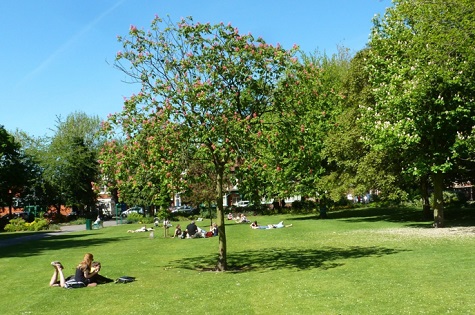
Lead author of the research, Carly Ziter, was quoted by the Standard, saying, "The trees we plant now or the areas we pave now are going to be determining the temperatures of our cities in the next century."
Although a single tree can provide partial relief from hot summer sun, when there are many of them together it has a profound cooling effect. Scientists found that 40% tree cover cools streets more than the pavement warms them up.
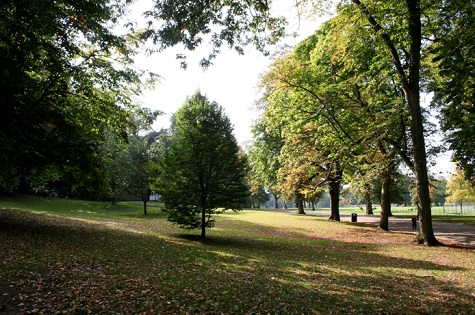
The effect is to create little microclimates - meaning leafy neighbourhoods will stay noticeably cooler than those with less tree cover.
The effects of climate change are already being felt. We’re experiencing warmer, wetter winters, and hotter, drier summers, creating higher temperatures in our cities. Climate change has caused an increase in pests and disease, which had never previously affected the UK. The impact has been an unprecedented threat to some iconic tree species, including ash, horse chestnut and oak.
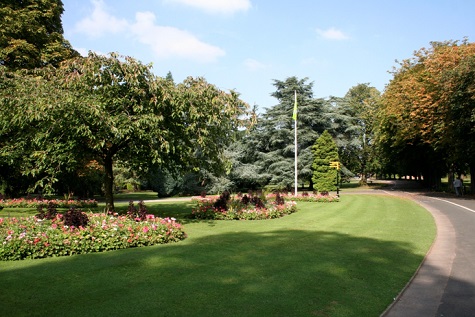
I also recently came across a charity website, Trees for Cities, who are on a mission to plant a million trees. They are well on their way with over 850,000 already been planted by many different community groups schools and landowners
By planting thousands of urban trees worldwide each year, Trees for Cities is building resilience against threats facing the natural environment. Planting a range of tree species enhances structural and functional diversity in woodlands and on city streets, as well as building resistance to pests and disease.
The charity believes that all children should have the opportunity to plant and learn about trees, so they say they are excited to support London primary schools to sign up for free packs of trees as part of Trees for Schools – a programme funded by Defra and delivered in partnership with the Woodland Trust.
Another article I read on The Conversation, discusses, shading benefits that trees bring.
Theoretically, trees can help provide cooling in two ways: by providing shade, and through a process known as evapotranspiration. Locally, trees provide most of their cooling effect by shading. How warm we feel actually depends less on local air temperature, and more on how much electromagnetic radiation we emit to, and absorb from, our surroundings. A tree’s canopy acts like a parasol, blocking out up to 90% of the sun’s radiation, and increasing the amount of heat that we lose to our surroundings by cooling the ground beneath us.
In essence, the shade provided by trees can reduce our physiologically equivalent temperature (that is, how warm we feel our surroundings to be) by between seven and 15°C, depending on our latitude. So it’s no surprise that, in the height of summer, people throng to the delicious coolness of the shade provided by London parks, Parisian boulevards, and Mediterranean plazas.
Another interesting article seen in The Telegraph also explained why we should be planting more trees.
All city trees add beauty and connect you to the natural world, but it is only the monsters that can soften the lines of big buildings and expanses of paving, and significantly improve air quality, soak up rainwater and combat heat.
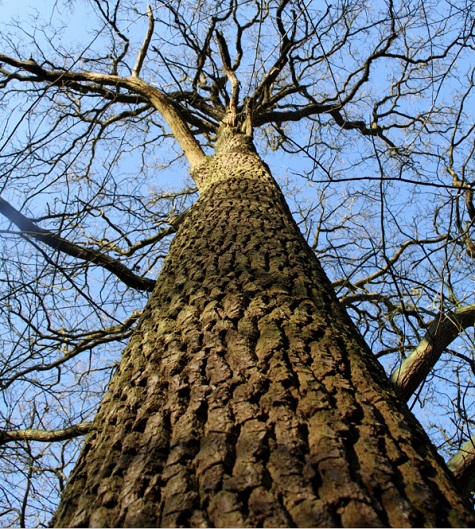
"In towns and cities, every big tree counts,” says the landscape architect Brita von Schoenaich, who lectures and adjudicates at various UK universities. “But land is now so valuable, especially in London, that it has become very hard to get them into any new development."
Size comes with age, and it is mainly thanks to the Victorians that the streets and squares in our towns and cities are endowed with the hefty tree specimens we see today. However, therein lies another problem, says von Schoenaich. “Many of these trees are now so old that they are approaching the end of their healthy lifespan.” Central London is looking particularly vulnerable, since most of its mature leaf canopy comes from a single type of tree, the hybrid London plane - a tree that may soon be confronted with the lethal fungal disease stain canker, which is now on the march from southern Europe.
Finding a site for any new tree in an urban landscape is seldom easy. It is not just the space required overhead, but also underground. Our streets are now a maze of service pipes and cables which often puts the engineers and tree people in mortal combat – “trench warfare” von Schoenaich calls it.
Much of this ground is also compacted and airless. Once planted, with the ground improved, the tree roots directed and services protected, there is the matter of keeping the tree alive. About 50 per cent of urban trees don’t make it to 10 years old, whether through poor planting, aftercare, damage or change in land use.
As mentioned in all of these articles, trees defiantly bring value to our communities. Can you imagine towns and cities without any trees? They would be very depressing places to live. That’s why our parks, open spaces and urban neighbourhoods are so vibrant. We have a lot of visionaries to thank for leaving us with the landscapes we see and enjoy today.
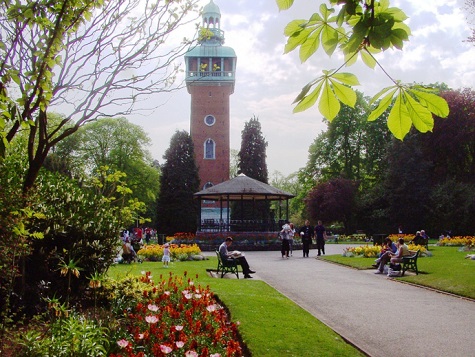
Environmental benefits of urban trees include:
- Trees reduce 'heat island effect' of localised temperature extremes
- Their shade cools streets and buildings in summer
- Help to remove dust and particulates from the air
- Help to reduce wind speeds
- By providing food and shelter for wildlife they help increase biodiversity
- Reduce effects of flooding by slowing the rate at which rainfall reaches the ground
- Help improve polluted ground
Economic benefits of urban trees include:
- Increase property values by seven to 15 per cent
- Larger trees can lift property values in proportion to their size
- Improve environmental performance of buildings by reducing heating and cooling costs
- Mature landscapes with trees can be worth more as development sites
- Can improve the health of local populations
- Provide a long term renewable energy source
I remember when I first started working as a parks apprentice back in 1972, the following year there was a national tree planting scheme called Plant a tree in 73. We were tasked with planting hundreds of semi-standard and heavy-standard rootballed trees in a number of our Birmingham parks.
It seemed to go on for months. However, I am very proud to say that some forty-six years later, those trees have matured into some excellent specimens and bring a lot of joy and value to those open spaces.
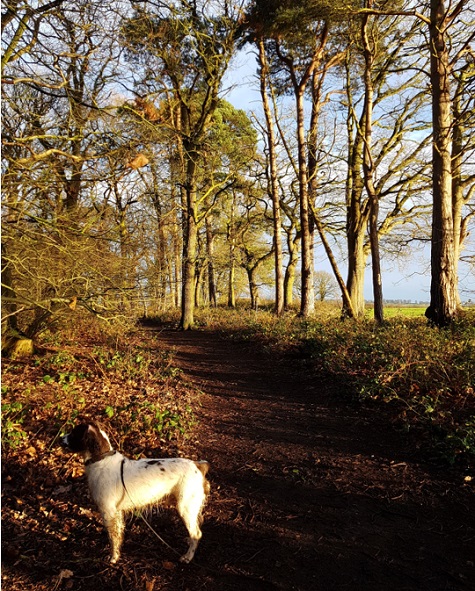
I also know from experience and in my role as editor, I witness a lot of good work being done by many turf and landscape professionals, local authority managers and greenkeepers, who every year try to plant as many new trees as possible.
However, the biggest challenge will be for our local authorities who own most of the urban land in our cities and towns, to find the will and appropriate budgets to facilitate future planting schemes - to succeed some of our original Victorian initiatives.
Let’s hope future governments and councils recognise the value of trees and adequality fund the next generation of tree planting needs for the sake of our grand and great grandchildren.